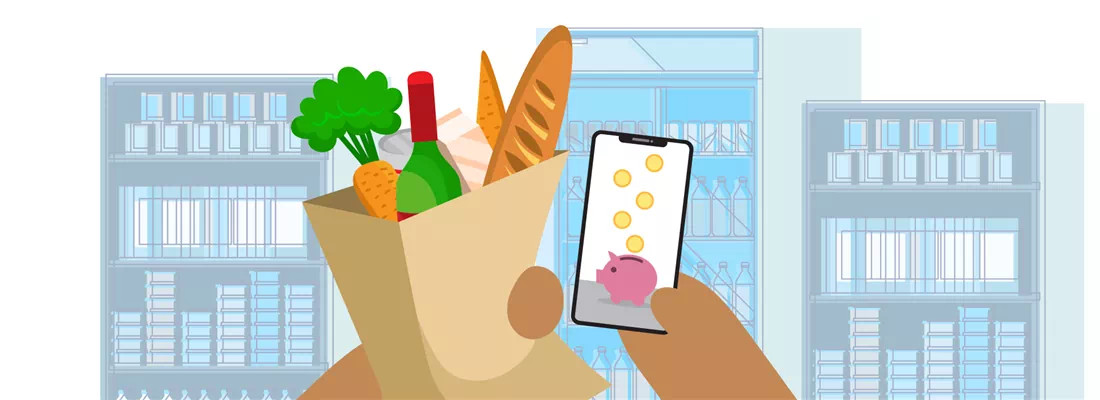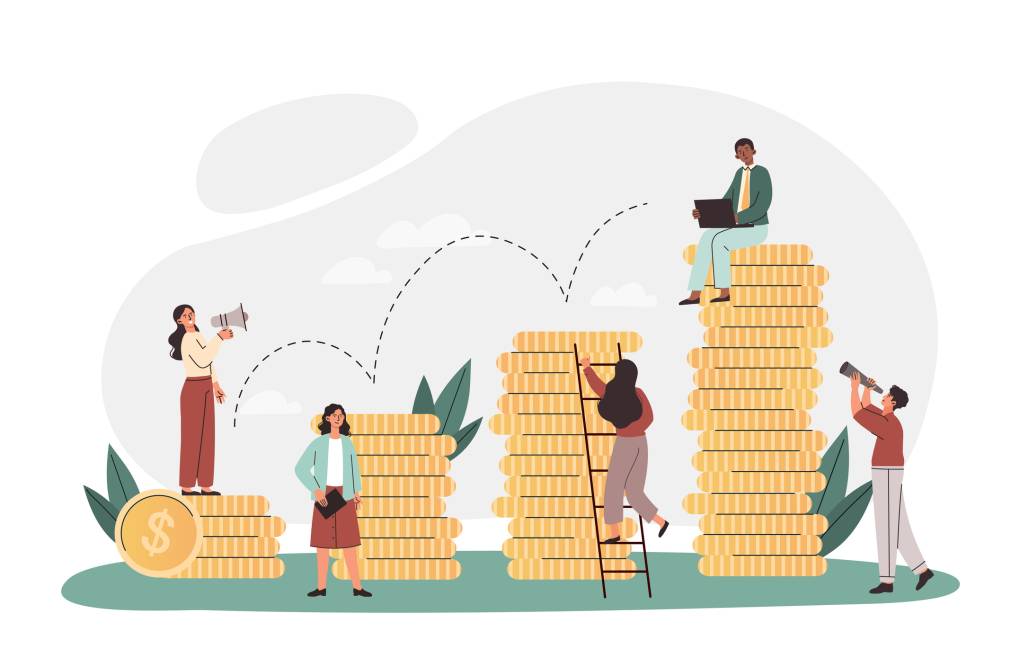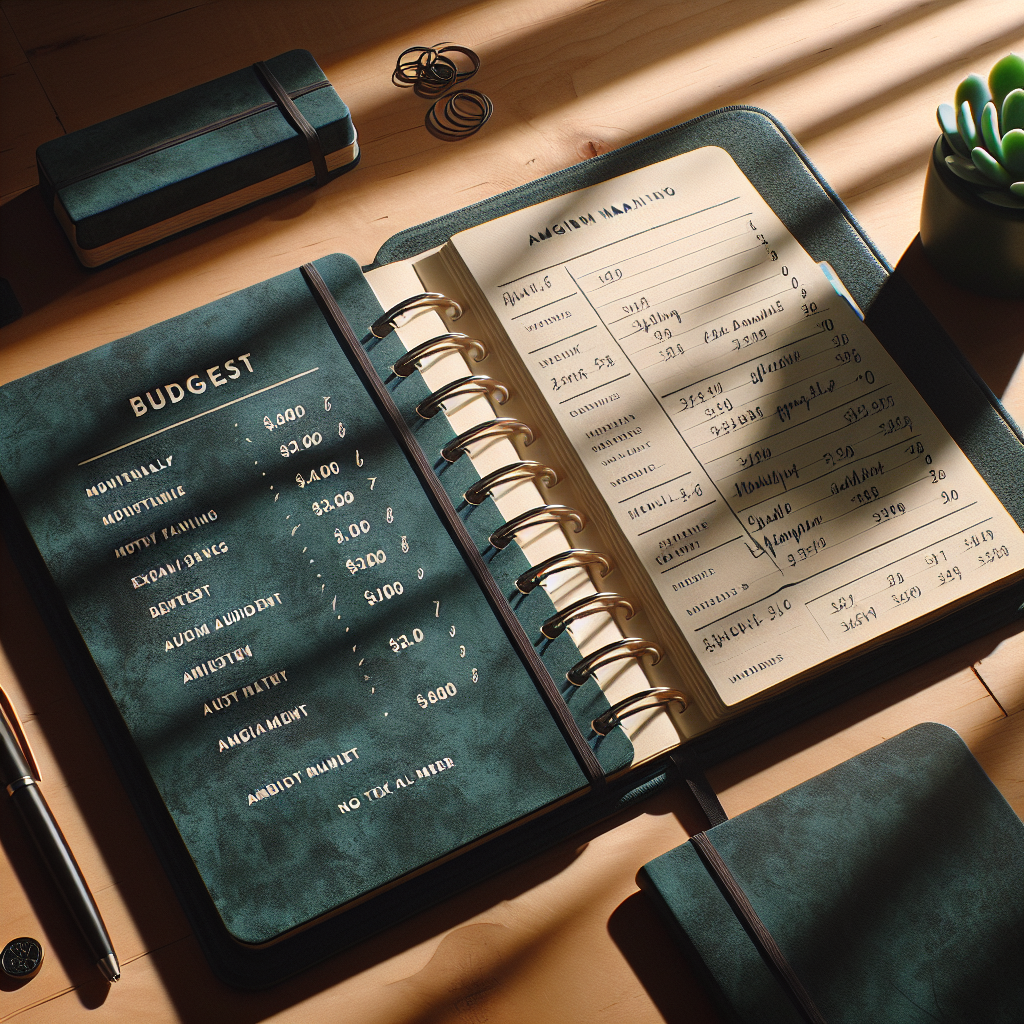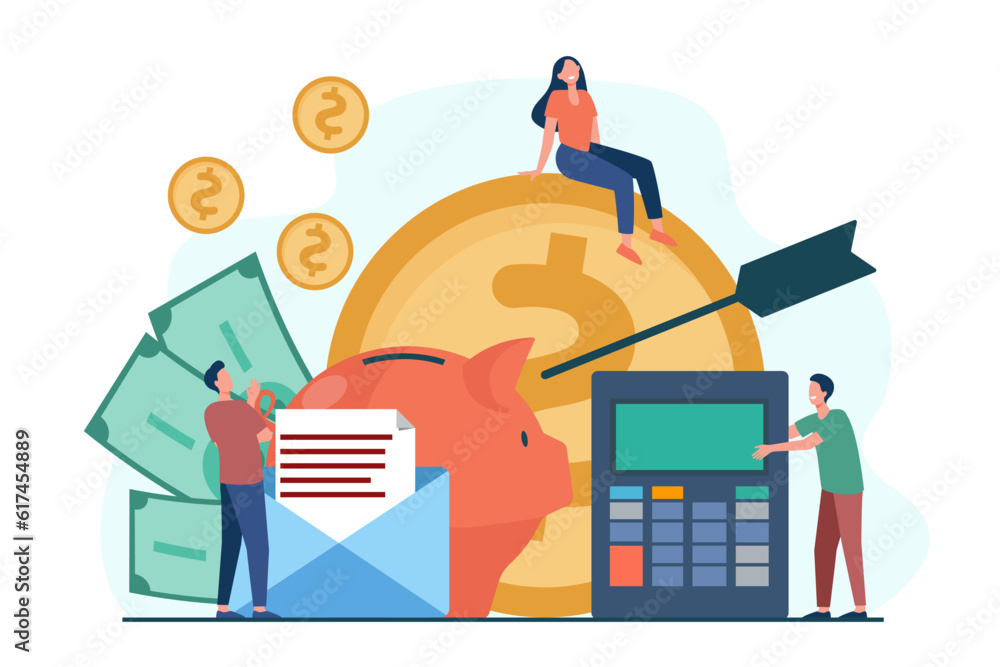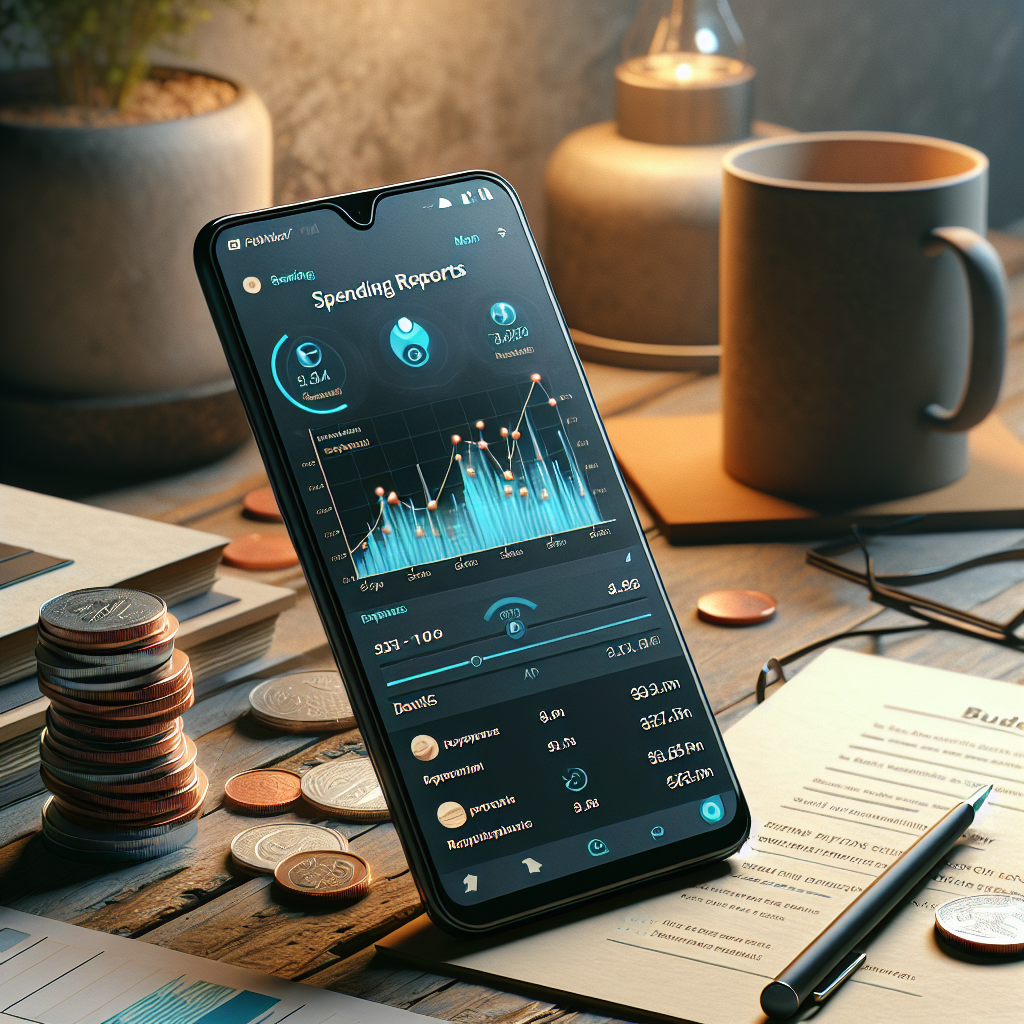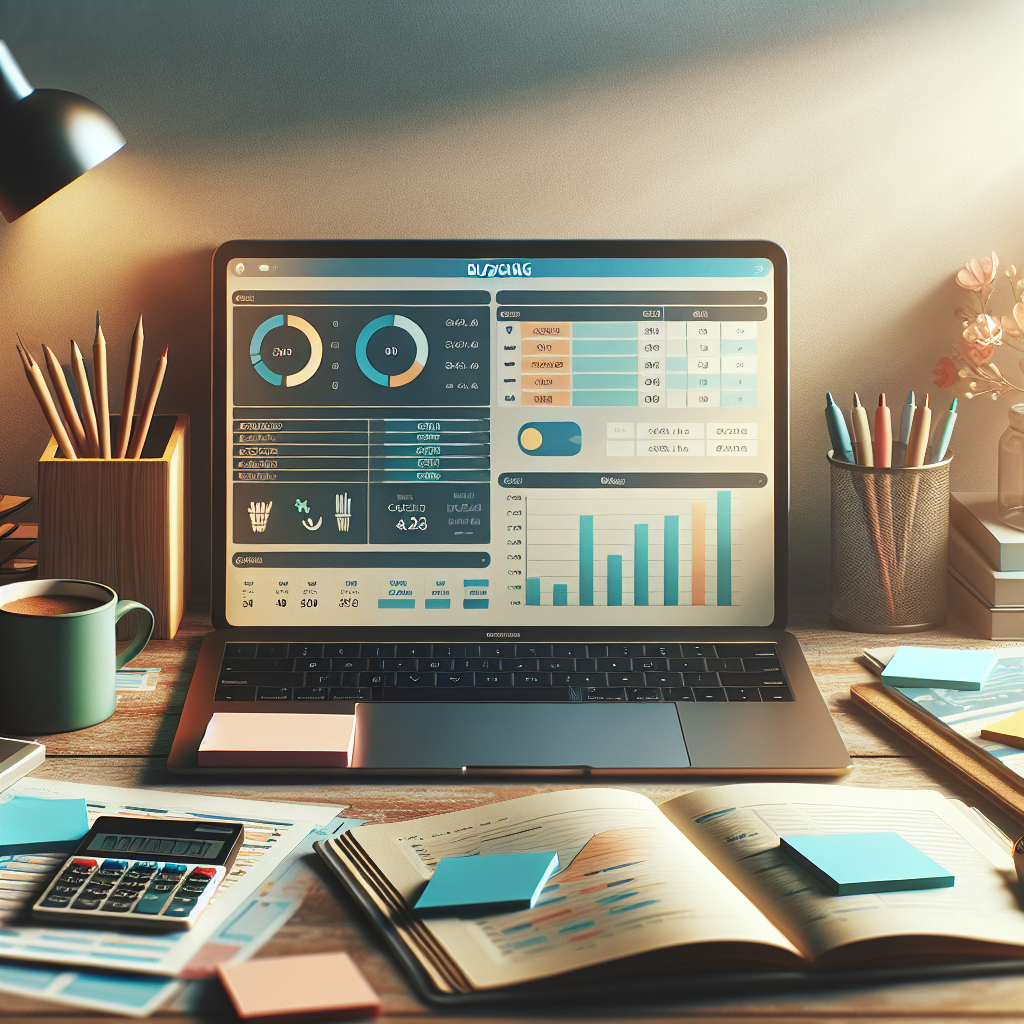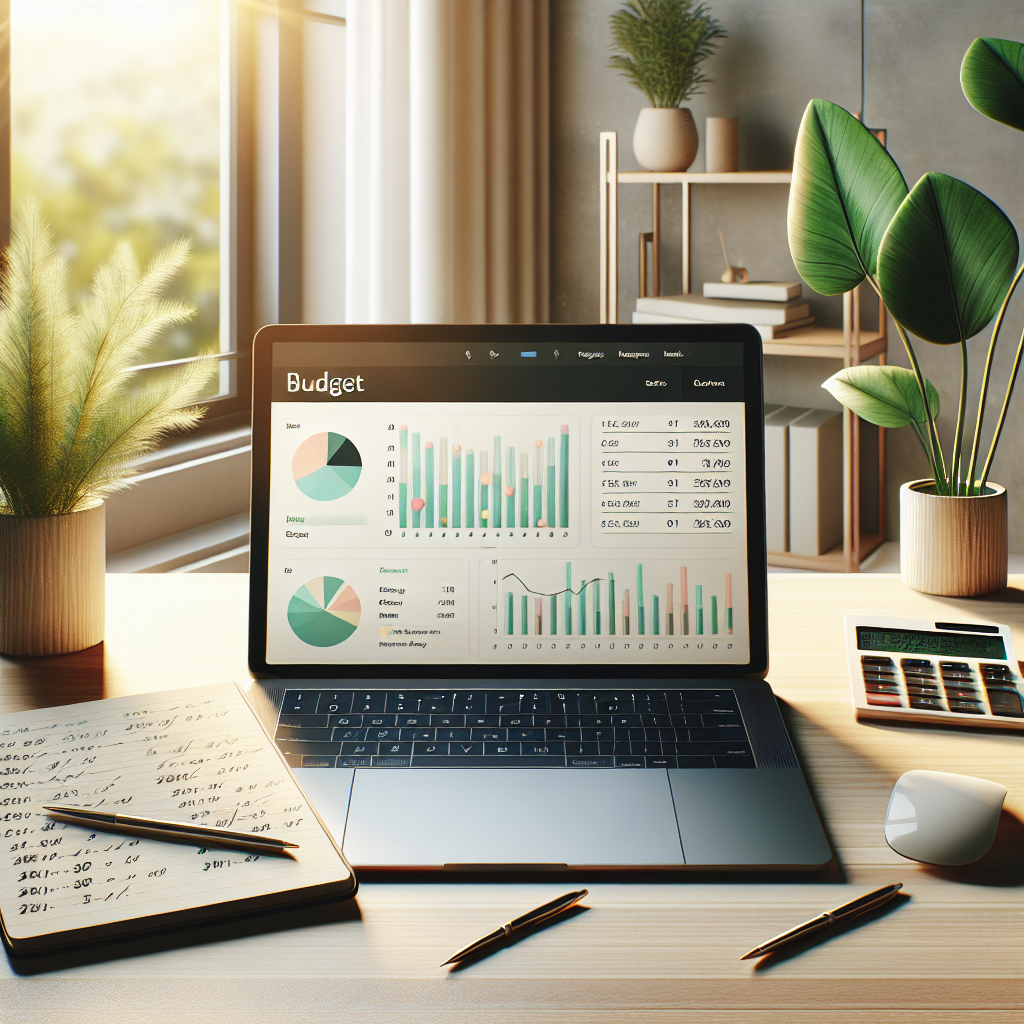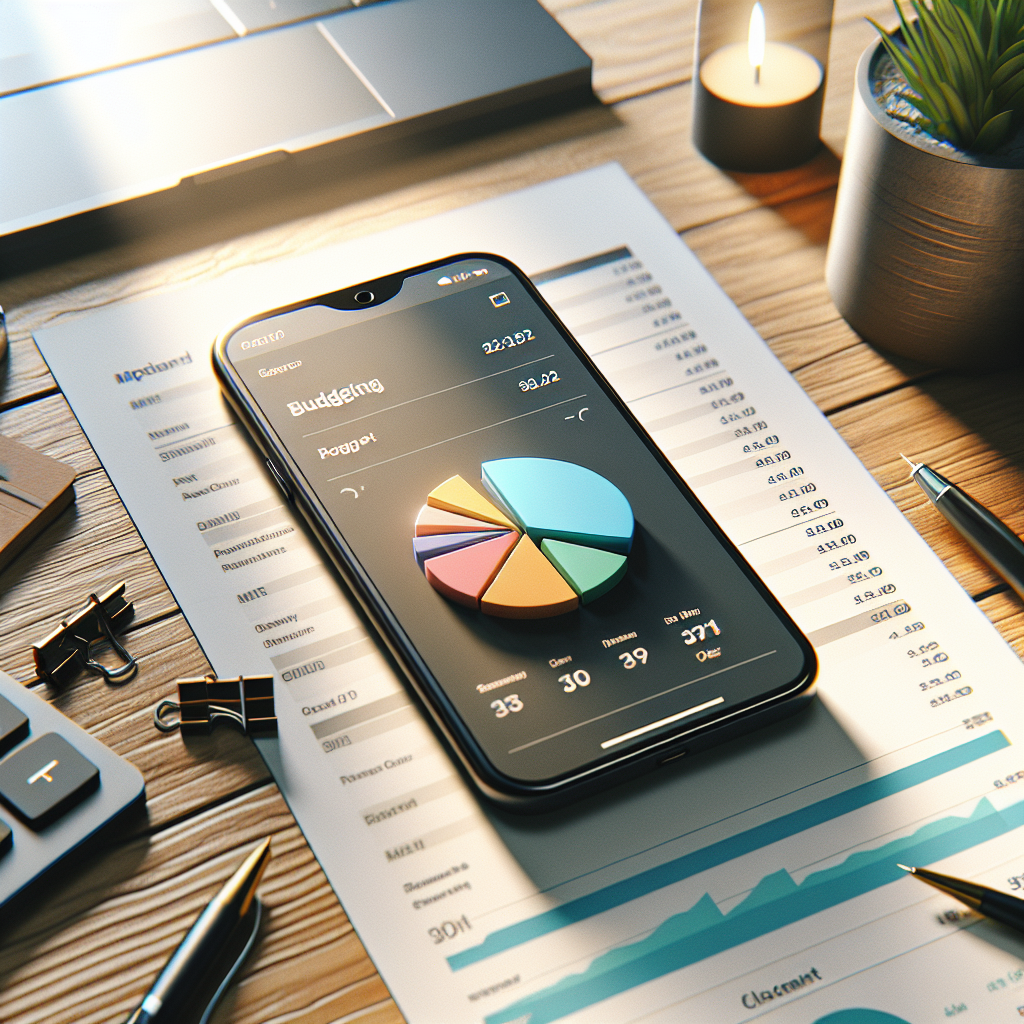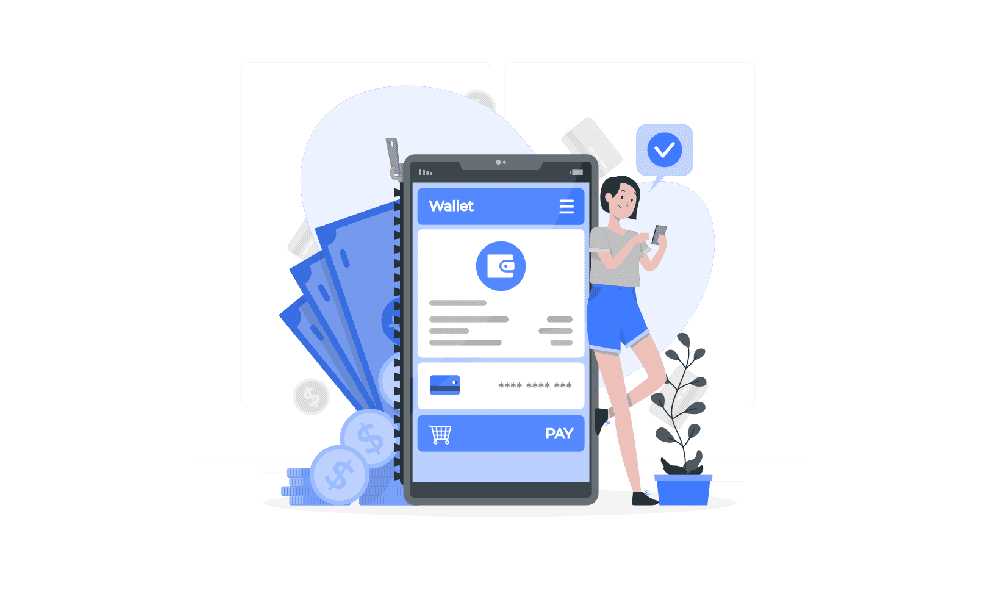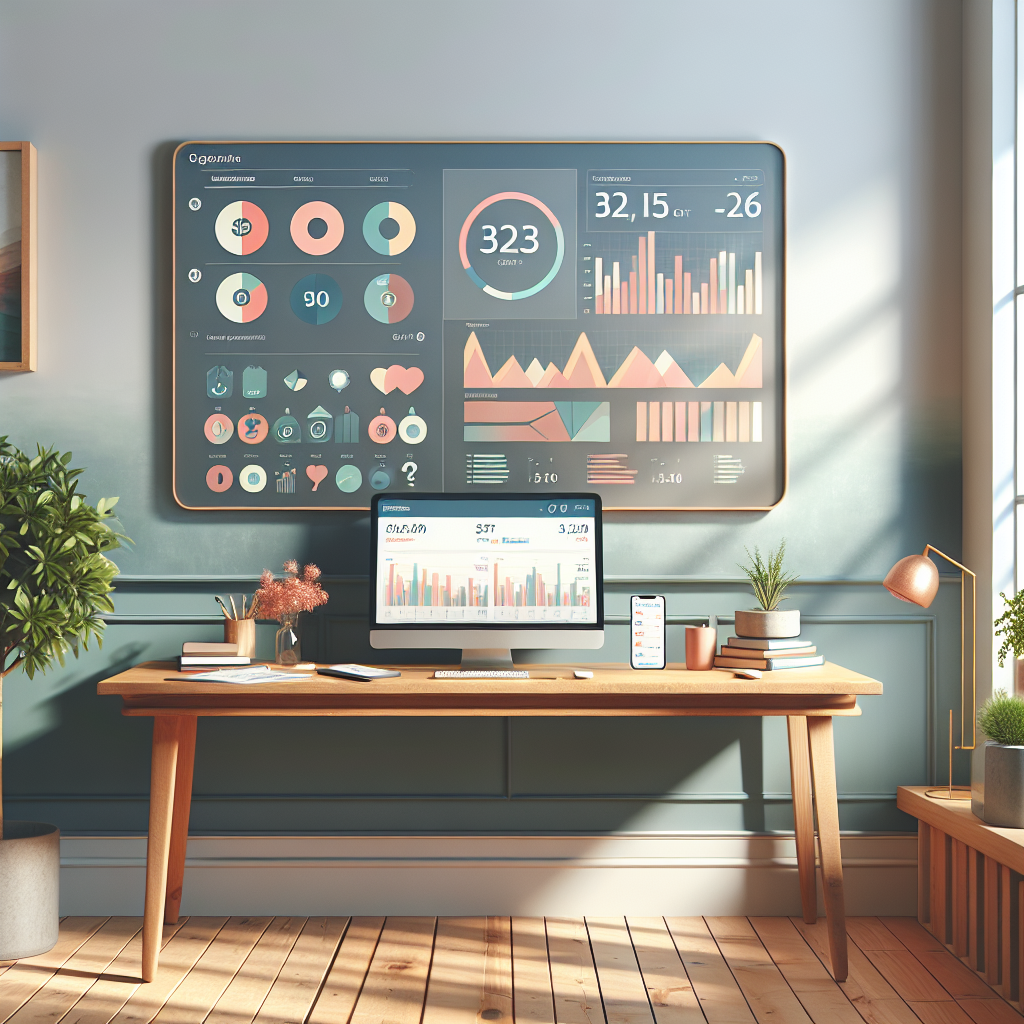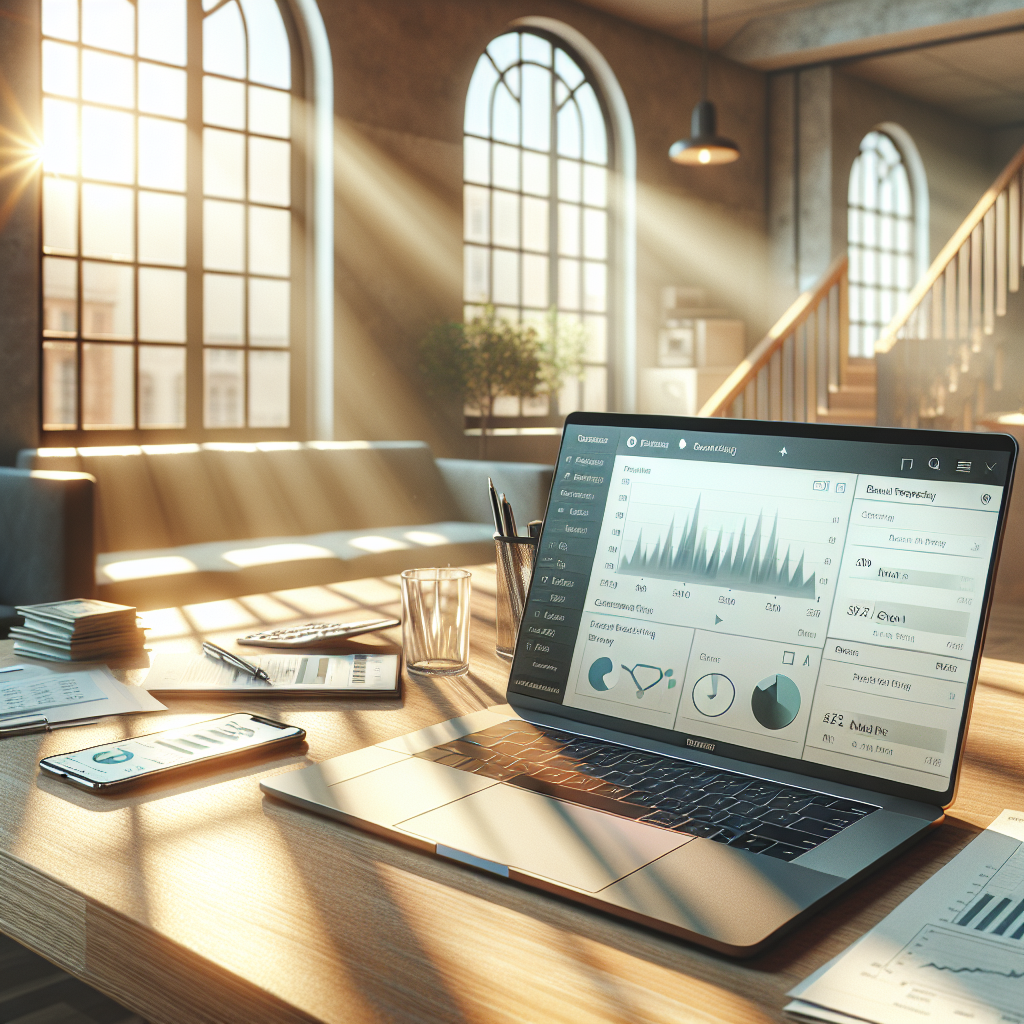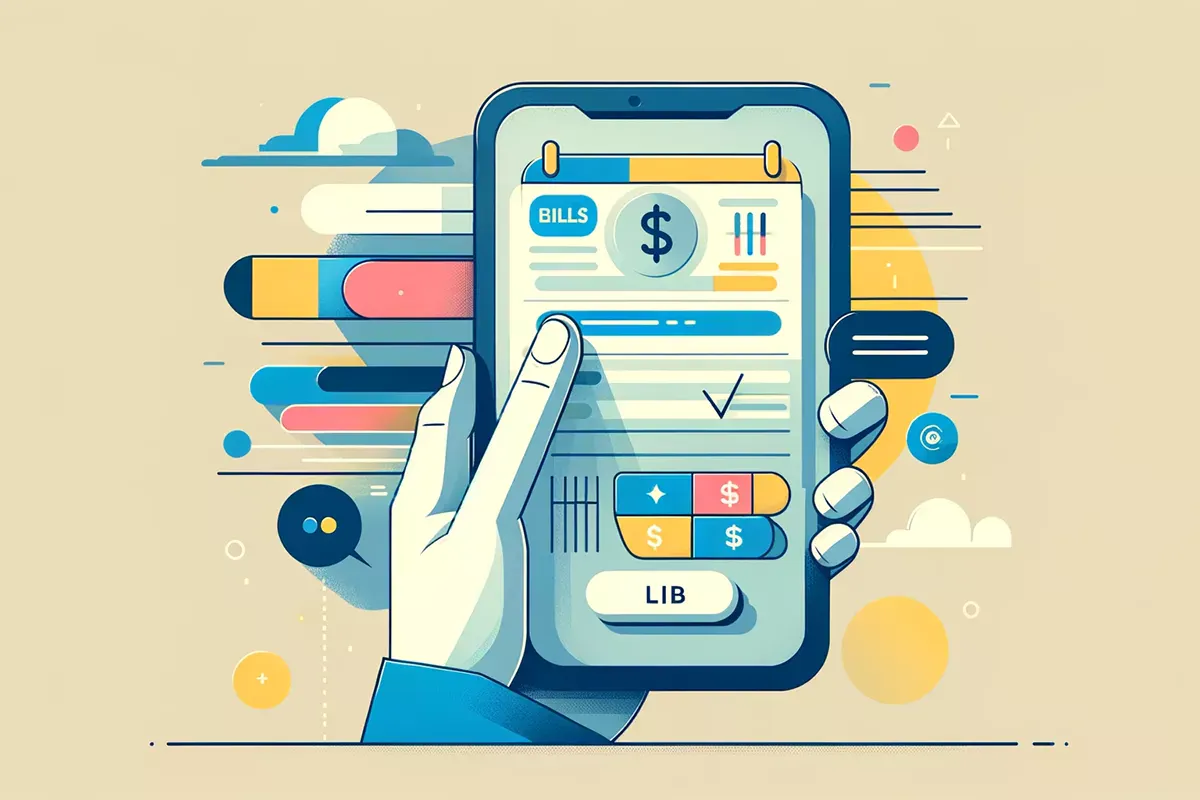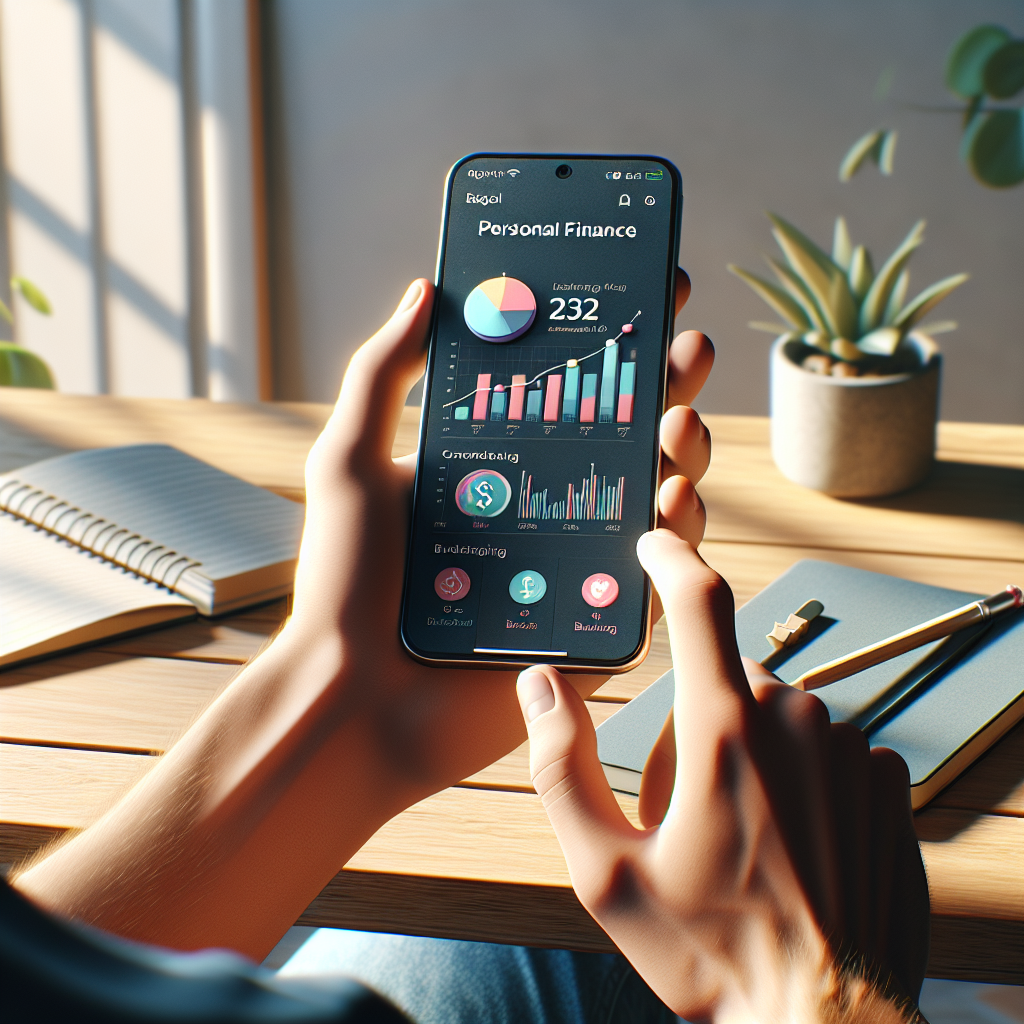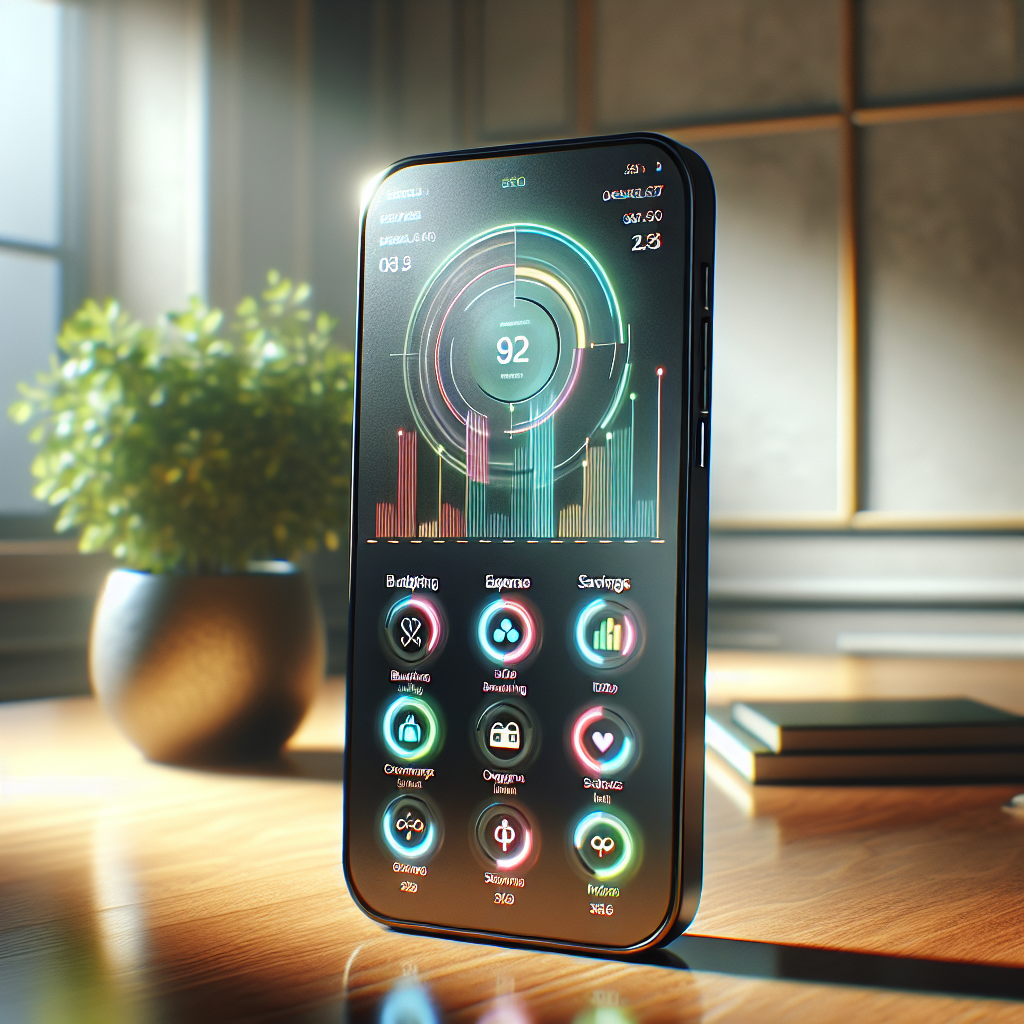To effectively manage your finances, it is crucial to have a clear understanding of your income and expenses. Income refers to the money you earn from various sources, such as your salary, bonuses, rental income, or investments. It is essential to account for all forms of income, as this will provide a comprehensive view of your financial situation.
For instance, if you are a freelancer, your income may fluctuate from month to month based on the projects you undertake. Therefore, tracking your income over several months can help you identify trends and prepare for leaner periods. On the other hand, expenses encompass all the costs associated with your daily life.
These can be categorized into fixed expenses, such as rent or mortgage payments, utilities, and insurance premiums, and variable expenses, which include groceries, entertainment, and discretionary spending. Understanding the distinction between these two types of expenses is vital for effective budgeting. For example, while you may have some control over variable expenses, fixed expenses often require a more strategic approach to manage.
By meticulously tracking both income and expenses, you can gain insights into your financial habits and identify areas where adjustments may be necessary.
Key Takeaways
- Understanding your income and expenses is the first step to taking control of your finances.
- Setting financial goals will help you stay focused and motivated to stick to your budget.
- Creating a realistic budget involves accurately tracking all of your expenses and income.
- Tracking your spending is essential to identify where your money is going and where you can make improvements.
- Identifying areas for improvement in your budget will help you make necessary adjustments to reach your financial goals.
Setting Financial Goals
Understanding the Purpose of Financial Goals
Once you have a firm grasp of your income and expenses, the next step is to set financial goals. These goals serve as a roadmap for your financial journey and can vary widely depending on individual circumstances. Short-term goals might include saving for a vacation or paying off a credit card, while long-term goals could involve saving for retirement or purchasing a home.
Creating Effective Financial Goals
Establishing clear and achievable goals is essential because they provide motivation and direction in your financial planning. When setting financial goals, it is beneficial to employ the SMART criteria—Specific, Measurable, Achievable, Relevant, and Time-bound. For instance, instead of vaguely stating that you want to save money, a SMART goal would be to save $5,000 for a down payment on a car within the next 12 months.
The Benefits of Specificity and Alignment
This specificity not only clarifies your objective but also allows you to track your progress effectively. Additionally, aligning your financial goals with your values and priorities can enhance your commitment to achieving them. If travel is important to you, prioritizing savings for that purpose can make the process more enjoyable and fulfilling.
Creating a Realistic Budget

Creating a realistic budget is a fundamental step in managing your finances effectively. A budget acts as a financial blueprint that outlines how much money you have coming in and how much you plan to spend over a specific period. To create an effective budget, start by listing all sources of income and categorizing your expenses into fixed and variable categories.
This will help you visualize where your money is going and identify potential areas for savings. It is important to ensure that your budget is realistic and flexible. Many people make the mistake of creating overly restrictive budgets that are difficult to adhere to over time.
Instead of cutting out all discretionary spending, consider allocating a reasonable amount for entertainment or dining out each month. This approach allows for enjoyment while still working towards your financial goals. Additionally, regularly reviewing and adjusting your budget as needed can help you stay on track without feeling deprived.
Tracking Your Spending
| Category | Amount Spent |
|---|---|
| Food | 200 |
| Transportation | 100 |
| Entertainment | 50 |
| Utilities | 150 |
Tracking your spending is an essential practice that complements budgeting and helps maintain financial discipline. By keeping a close eye on where your money goes each month, you can identify patterns in your spending habits and make informed decisions about future expenditures. There are various methods for tracking spending, ranging from traditional pen-and-paper methods to digital tools and apps designed specifically for this purpose.
One effective way to track spending is to categorize expenses into different groups such as housing, transportation, food, entertainment, and savings. By doing so, you can quickly see which categories consume the largest portions of your budget. For example, if you notice that dining out accounts for a significant percentage of your monthly expenses, you may decide to limit restaurant visits or explore more cost-effective dining options.
Regularly reviewing your spending can also help you stay accountable to your budget and reinforce positive financial habits.
Identifying Areas for Improvement
After tracking your spending for a few months, it becomes easier to identify areas where improvements can be made. This process involves analyzing your spending patterns and determining which expenses are necessary versus those that are discretionary or excessive.
Moreover, identifying areas for improvement also involves recognizing opportunities for savings. This could mean shopping around for better deals on insurance policies or negotiating lower rates on bills such as cable or internet services. Additionally, consider implementing strategies such as meal planning to reduce grocery costs or setting limits on impulse purchases.
By actively seeking ways to improve your financial situation, you can make significant strides toward achieving your financial goals.
Adjusting Your Budget as Needed

Flexibility is key when it comes to budgeting; life circumstances can change unexpectedly, necessitating adjustments to your budget. Whether it’s an increase in income due to a promotion or an unexpected expense like car repairs or medical bills, being able to adapt your budget accordingly is crucial for maintaining financial stability. Regularly revisiting your budget allows you to account for these changes and ensure that you remain aligned with your financial goals.
When adjusting your budget, it’s important to communicate any changes with all parties involved in shared finances. For example, if you live with a partner or family members who contribute to household expenses, discussing budget adjustments openly can foster collaboration and understanding. Additionally, if certain categories consistently exceed their allocated amounts—such as entertainment or groceries—consider reallocating funds from less critical areas or finding ways to cut back in those categories without sacrificing quality of life.
Utilizing Budget Tracking Tools and Apps
In today’s digital age, there are numerous tools and apps available that can simplify the budgeting process and enhance financial management. These tools often come equipped with features that allow users to track spending in real-time, categorize expenses automatically, and generate reports that provide insights into financial habits. Popular budgeting apps like Mint or YNAB (You Need A Budget) offer user-friendly interfaces that make it easy to stay on top of finances.
Using these tools can significantly reduce the time spent on manual tracking while providing valuable data at your fingertips. For instance, many apps allow users to link their bank accounts and credit cards directly, automatically categorizing transactions as they occur.
Additionally, many apps offer goal-setting features that allow users to visualize their progress toward specific financial objectives.
Celebrating Your Financial Successes
As you navigate the complexities of budgeting and financial management, it’s essential to take time to celebrate your successes along the way. Recognizing milestones—whether big or small—can provide motivation and reinforce positive behaviors that contribute to long-term financial health. Celebrations can take many forms; perhaps treating yourself to a nice dinner after paying off a credit card or taking a weekend trip after reaching a savings goal.
Celebrating financial successes not only boosts morale but also serves as a reminder of the progress made toward achieving larger goals. It’s important to acknowledge that personal finance is a journey filled with ups and downs; celebrating achievements helps maintain momentum during challenging times. By fostering a positive relationship with money through recognition of accomplishments, individuals can cultivate lasting habits that lead to continued financial success over time.
If you are looking for a comprehensive guide on budget trackers, you should check out this article on Valapoint. It provides valuable insights on how to take charge of your finances using budget tracking tools. Additionally, you may also find their article on expense tracking helpful in managing your business expenses effectively.
FAQs
What is a budget tracker?
A budget tracker is a tool or software that helps individuals or businesses monitor and manage their finances by tracking income, expenses, and savings.
How does a budget tracker work?
A budget tracker typically allows users to input their income and expenses, categorize transactions, set budget goals, and track their progress over time. Some budget trackers also offer features such as bill reminders, financial reports, and goal setting.
What are the benefits of using a budget tracker?
Using a budget tracker can help individuals or businesses gain better visibility into their financial situation, identify areas for potential savings, and make more informed decisions about their spending and saving habits.
Are there different types of budget trackers available?
Yes, there are various types of budget trackers available, including mobile apps, web-based platforms, and software programs. Some budget trackers are free, while others may require a subscription or one-time purchase.
Is it safe to use a budget tracker to manage personal finances?
Most reputable budget trackers use encryption and other security measures to protect users’ financial data. It’s important to research and choose a trusted budget tracker with a good track record for security and privacy.






